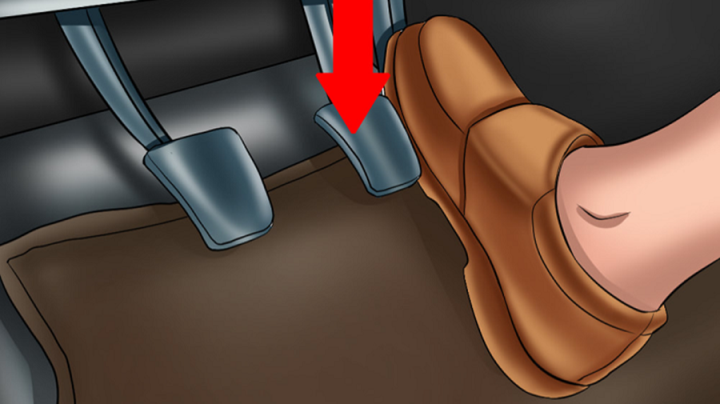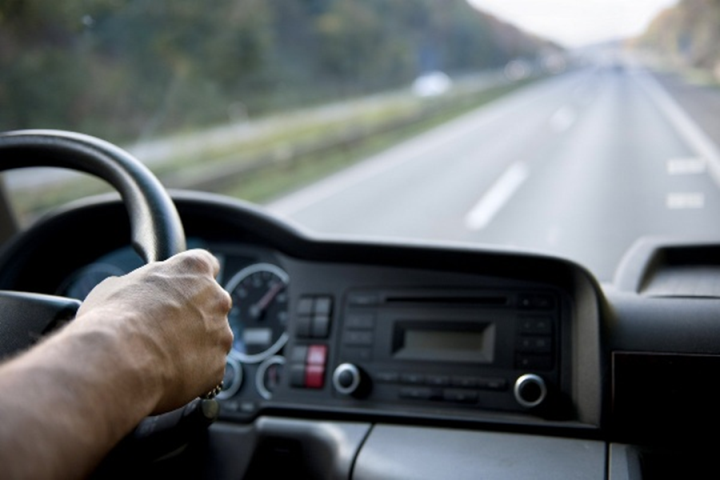Mistakes that destroy car braking systems
Some habits such as pulling the handbrake before the car has completely stopped, not pulling the handbrake when parking, frequently braking suddenly... will quickly damage the car's brake system.
As one of the important parts of a car, the brake helps the driver control the speed of the car. However, many drivers have bad habits that cause this part to quickly reduce its lifespan, increasing the risk of accidents.
Frequent sudden braking
The friction of the brakes is directly proportional to the speed of the vehicle. Continuous hard braking causes the temperature to increase, significantly reducing the overall life of the brakes. Furthermore, continuous hard braking also causes excessive stress on the braking system, leading to faster wear of the brake pads and discs.

Continuous acceleration in traffic jam
When driving on a crowded road, drivers should only accelerate gently instead of pressing the gas pedal and then braking suddenly. If this happens frequently, the brakes may burn out and no longer work effectively.
Forgot to lower, the handbrake was not fully lowered
Often forget or not fully lower the handbrake but the car is moving, the brake shoes and brake pads are still pressed against the brake drum or disc. When that happens, moving the car will create great friction between the brake pads and the drum, generating great heat, causing the brake pads to be at risk of burning, and the sensor systems mounted on the brake assembly such as the ABS anti-lock braking system can also be damaged.
Not only that, the heat generated can boil the brake fluid, leading to the risk of brake failure. This is a habit that quickly destroys the brake system.
Driving at high speed and then braking suddenly
Many drivers have the habit of driving at high speed and then suddenly braking when encountering an obstacle. Sudden braking while the car is running at high speed will cause the brakes to wear out quickly. Therefore, when wanting to stop the car, the driver should loosen the accelerator pedal to reduce the speed and let the car roll before switching to the brake pedal.
Check brakes when going downhill
When driving downhill, if you continuously apply the brakes, it will generate a lot of heat, and can even cause the brake pads to burn or warp. This can easily lead to the risk of brake failure.
Do not pull the handbrake when parking
This is a common habit of many drivers. Many drivers think that just shifting to P when parking will make the car stop. In fact, shifting to P will prevent the car from moving because the transmission is holding it. However, if drivers park the car on a steep slope, the car is heavily loaded, etc. without the handbrake, the car will roll, P will no longer work, and the ratchet gear will wear out.
Put your left foot on the brake pedal

Some drivers have a habit of placing their left foot on the brake pedal. This habit can lead to unintentional braking while driving normally, resulting in unnecessary brake use.
Carrying goods exceeding the vehicle's weight limit
Cars that are often overloaded will cause the braking system to work harder to slow down. Therefore, you should not overload your car to reduce the amount of work the braking system has to do.
Not changing brake fluid regularly
Failure to change brake fluid regularly can damage the brake lines. Old brake fluid absorbs moisture and can cause corrosion of the master cylinder, brake lines, and pistons. This can lead to reduced braking performance or even complete loss of braking power.


